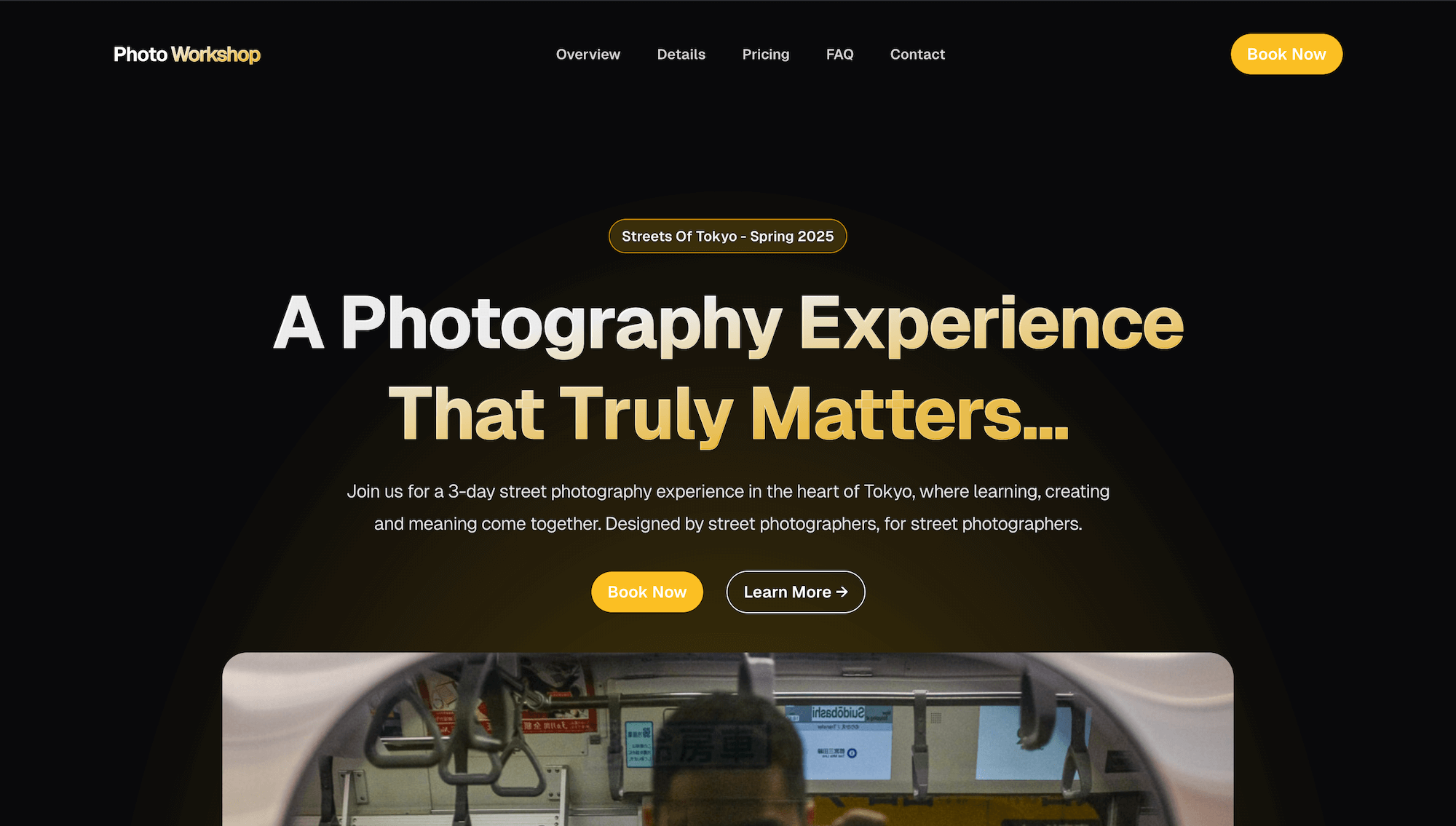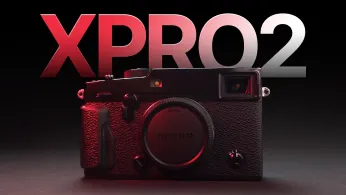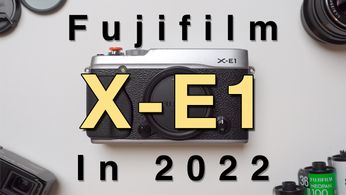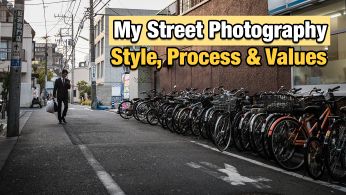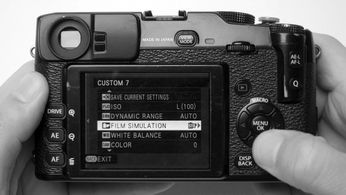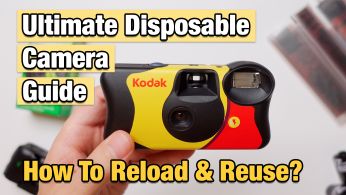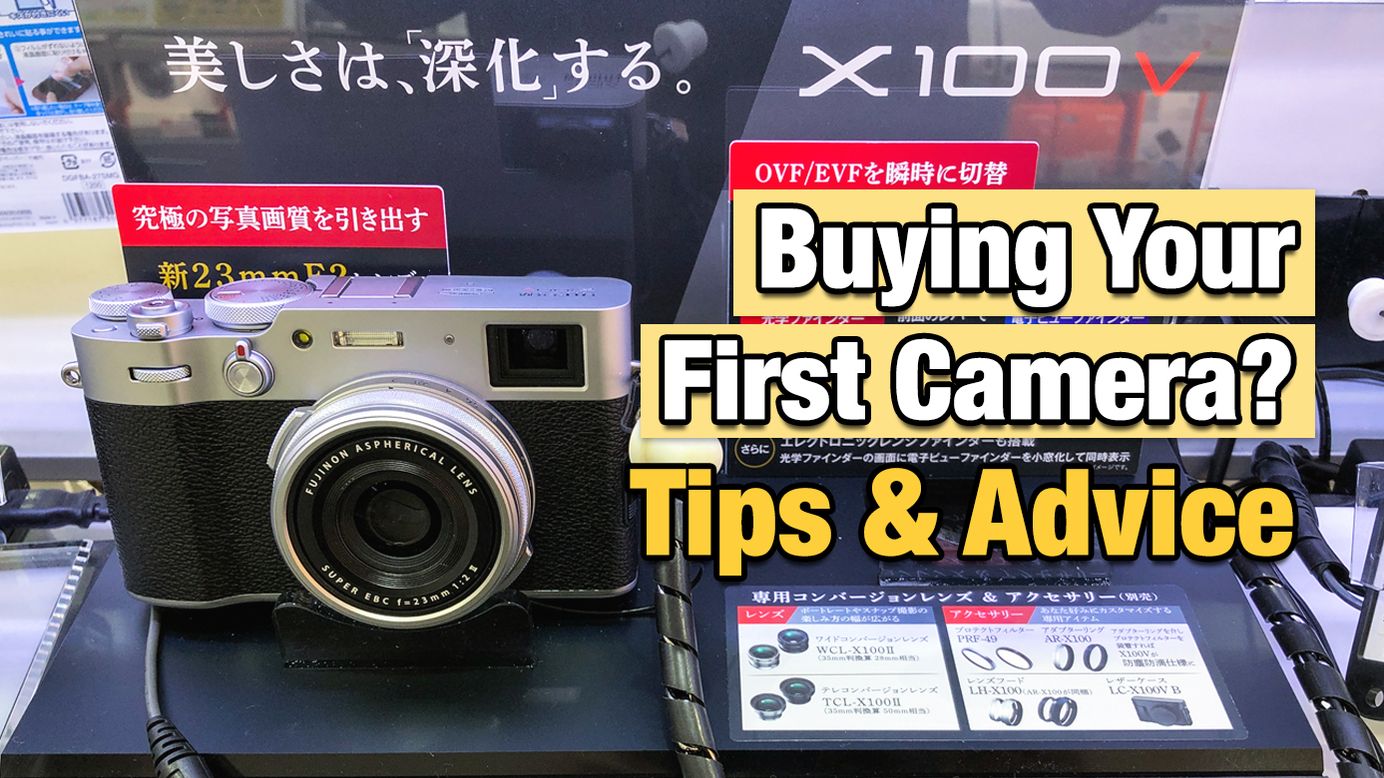
Buying Your First Camera? Tips & Advice
Know what to focus on and what to consider in order to choose for yourself.
Table of Contents
Having many options and choices can sometimes create a contradictory situation where the number of choices gets in the way and limit our ability to choose. This post is not about buying a specific camera, or choosing one over another, it's more about critical thinking skills and arriving at your own conclusion.
There seem to be a lot of videos out there telling you what camera to buy, or pitting cameras against each other. But the problem with that is that if you're a complete beginner then you don't know how or why these people arrived at that conclusion
Therefore, we do need to know what to focus on, or what to consider in order to be able to develop our own conclusions and practice critical thinking skills. So here are some of the things that matter to me about cameras that can potentially help you if you're wondering how to determine what type of camera to get.
1. Buy Used Equipment
If possible, start your journey with used equipment. I made several videos about the importance of purchasing used gear and used camera stores in Japan, and you can watch them right here:
But the point is that if you're an experienced photographer, then you can save money and cycle through gear a lot faster if the gear is used and cost less money.
It does not take anything away from your experience, it does not make you any less of a photographer, and you get the chance to use or play with equipment that is no longer in production and that teaches you a lot about cameras, and the history of photography.
But used gear, specifically for complete beginners, minimizes the risk of your choices.
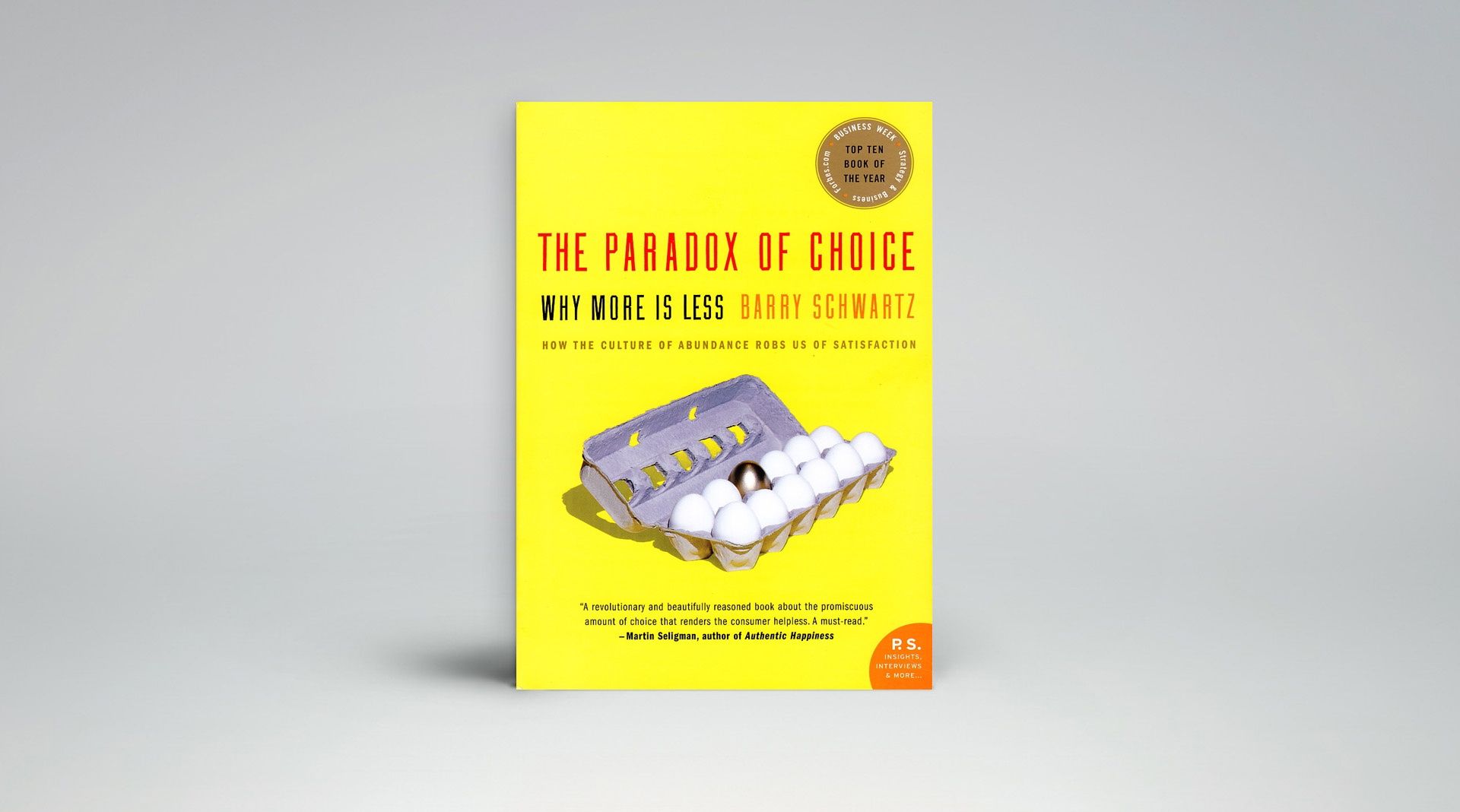
In his book, The Paradox Of Choice, Barry Schwartz writes:
“Learning to choose is hard. Learning to choose well is harder. And learning to choose well in a world of unlimited possibilities is harder still, perhaps too hard.”
Buying your first camera can be frustrating and may require a lot of research and learning in general.
Let's say you made mistake and bought the wrong camera, which scenario would be more painful, a used camera that only costs a couple of hundred dollars and it's easy to resell online? or a brand new flagship camera that cost $4000? and now you're stuck with it... good luck trying to sell that.
2. Choose The Correct Type Of Camera
There are several types of cameras out there, these cameras can achieve similar or different results, and it's not a matter of which one is best, it's a matter of which best fit your needs.
You may not know much about cameras, or perhaps you can't articulate yet what you're looking for, but maybe there are a couple of images that really inspire you, and you want to recreate the look and feel of said images, or an artist or a group of photographers. And can be a good place to start.
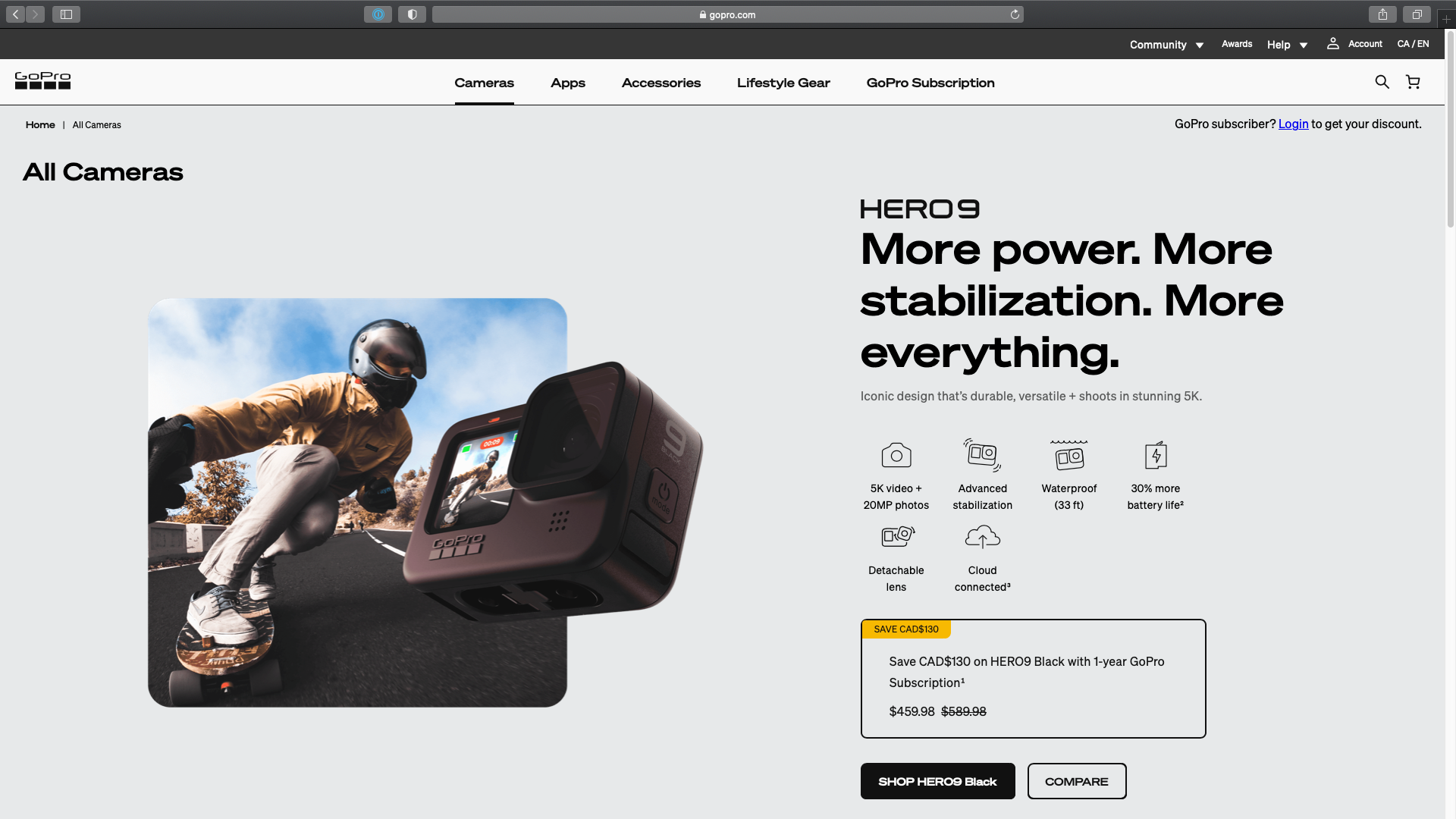
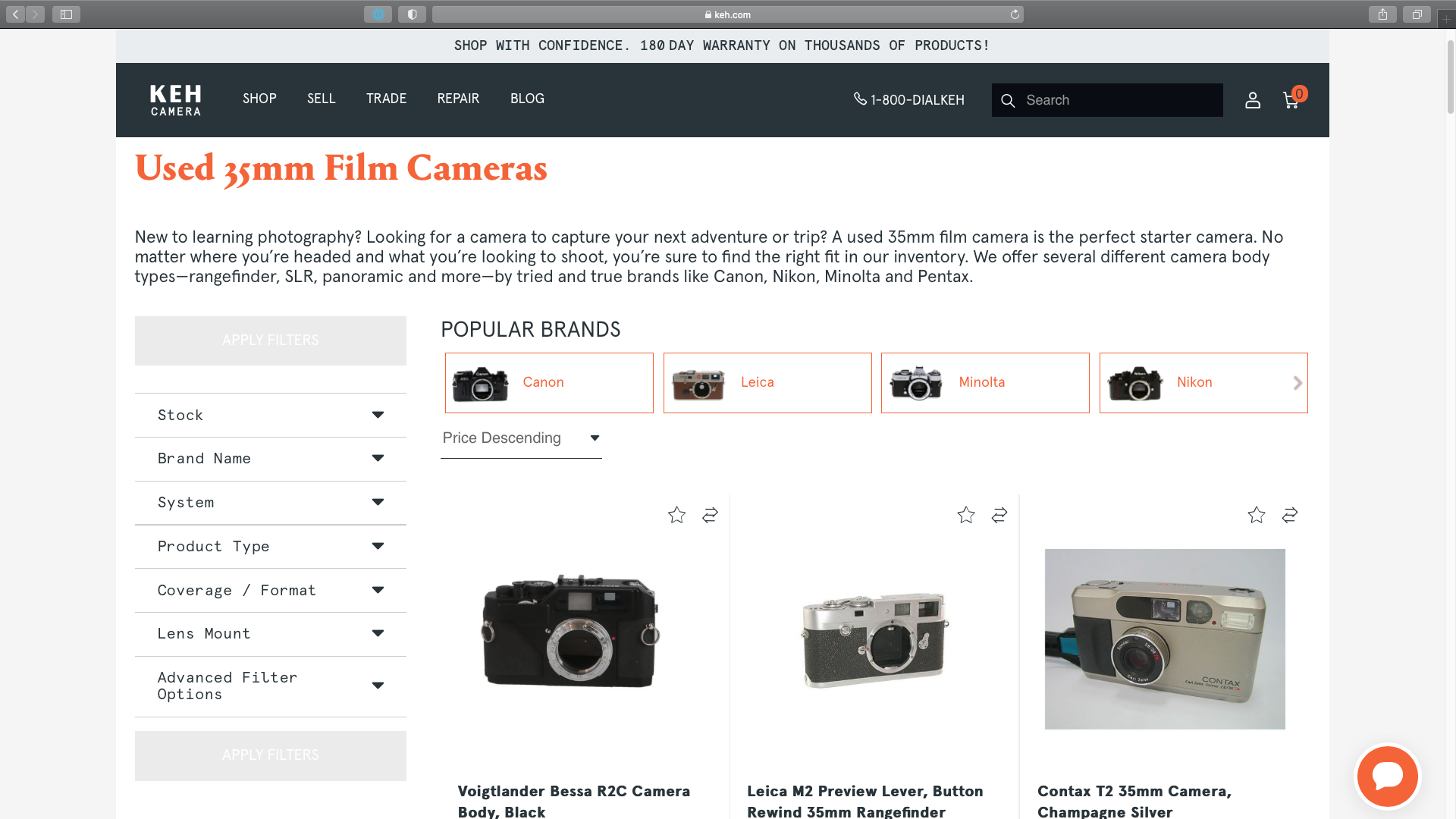
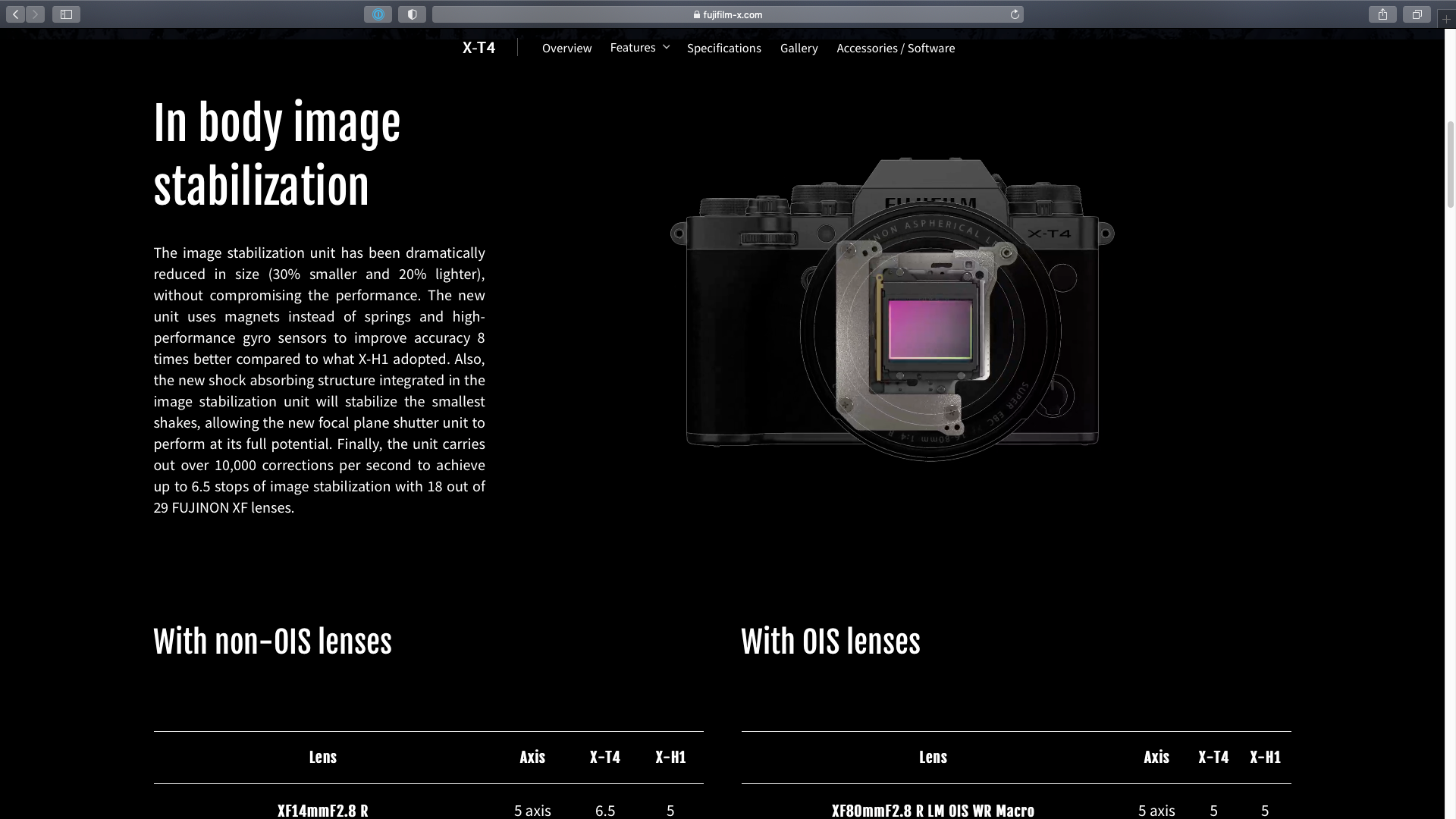
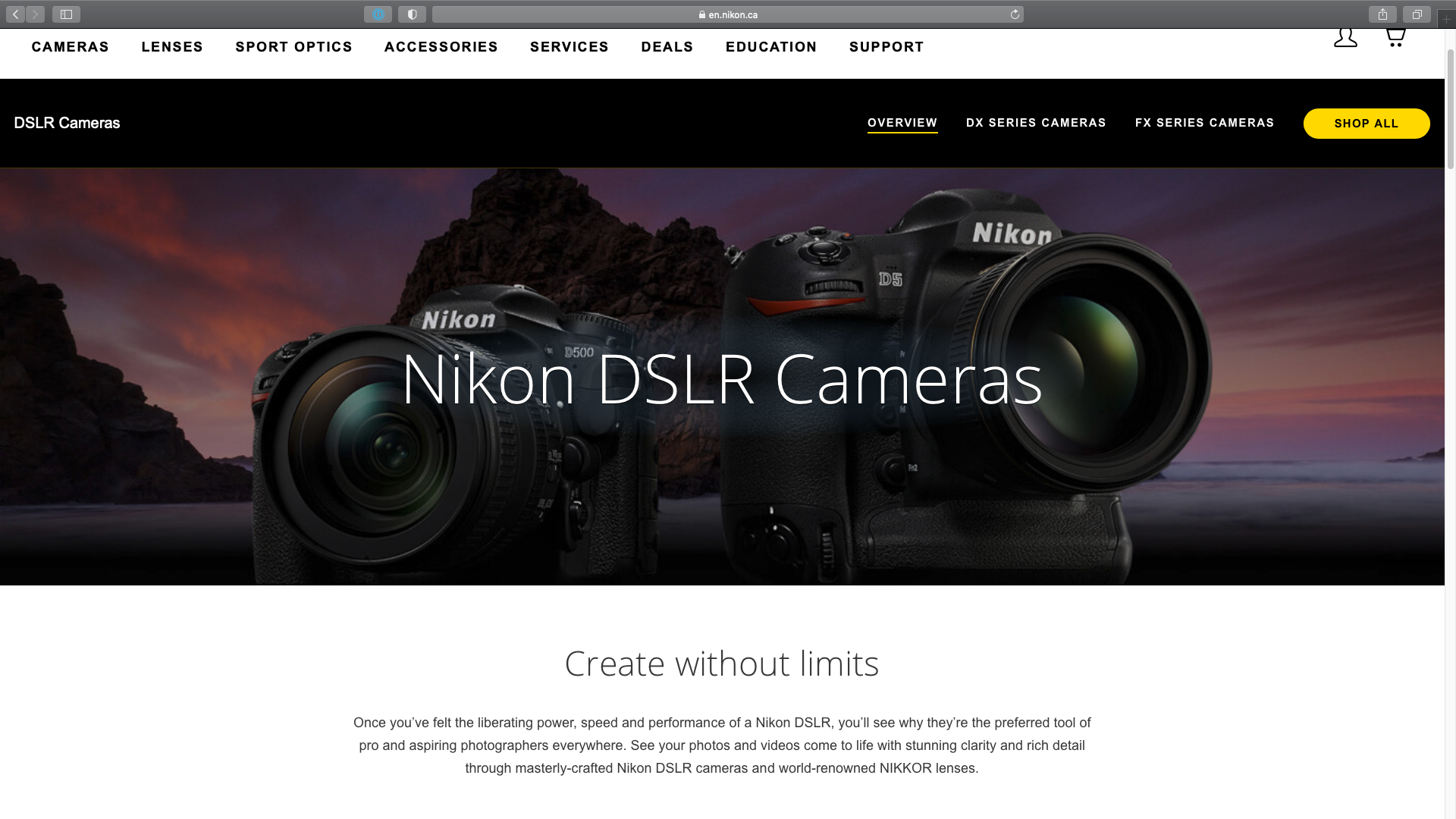
You have film cameras, DSLR cameras, mirrorless cameras, and point and shoot digital cameras, action cameras and more among others. Each has benefits and drawbacks, cons and pros, and you should spend some time thinking about this before choosing a camera.
Regardless of what you choose, always choose gear with your end goal in mind, what are you trying to achieve with your craft? what inspires you? what is the point of this journey? these questions can potentially light the path for you.
3. Lenses Matter More Than Cameras Bodies
A common mistake for beginners is to think that the camera is what makes or breaks an image, therefore, according to that logic you need the "best" camera out there... whatever that means.
And although cameras do play a role, the lenses are what really matters, the lenses are what shape the look and feel of a photograph. And tie you down to a brand ecosystem. Think about your favourite focal lengths, and the quality of the lenses available for any given brand before you even think about the camera.
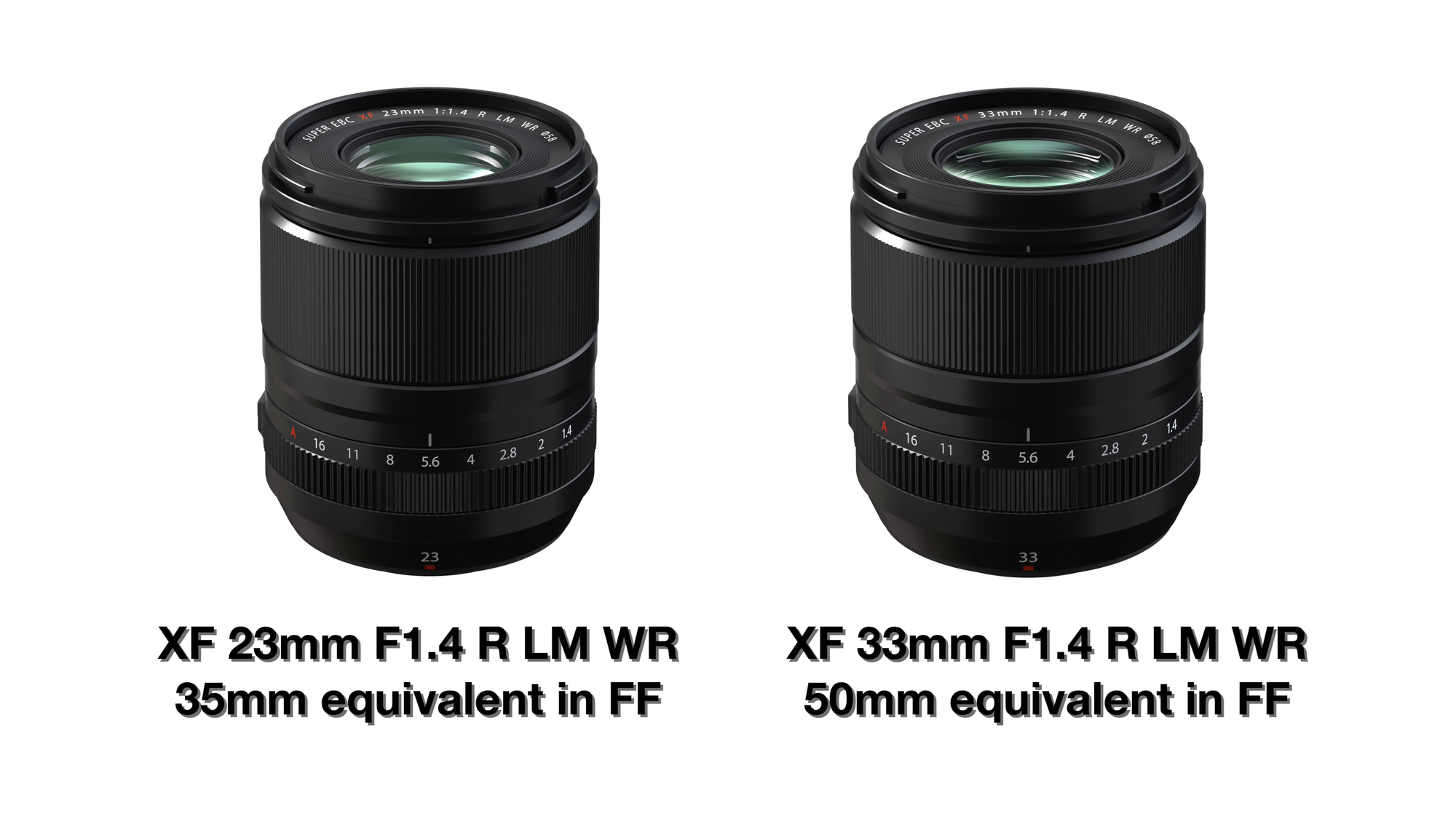
And even when you buy a camera that has a built-in lens, think about the qualities of the lens, think about if that even matches your style. What's the point of an X100 series camera with a 35mm equivalent lens, if you hate that focal length?
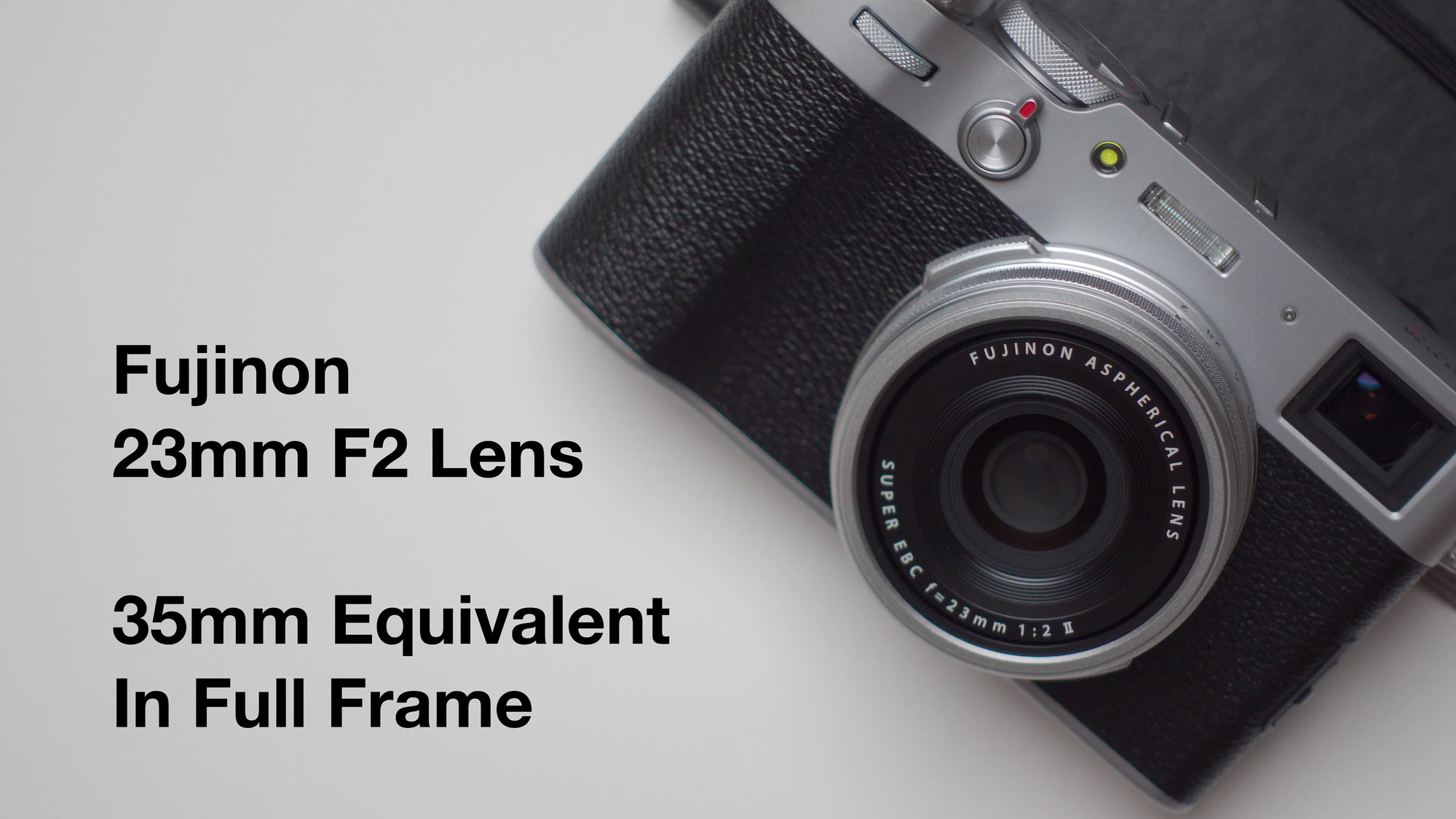
What's the point of owning several lenses from one particular brand that you don't like or enjoy using? that only ties you down even further to that specific brand ecosystem and limits your ability to try other things.
So the lenses matter... a lot. Even if they are built-in. That alone can be a reason to choose one system over another, one brand over another. So do your research and choose carefully.
4. The Formfactor Can Make Or Break Your Experience
This really matters to me, photography can be linked to exploration, discovery, learning new things, travelling and moving overseas, and in those scenarios, would you rather carry a camera that weighs 5 kilograms? or one that weighs 500 grams?
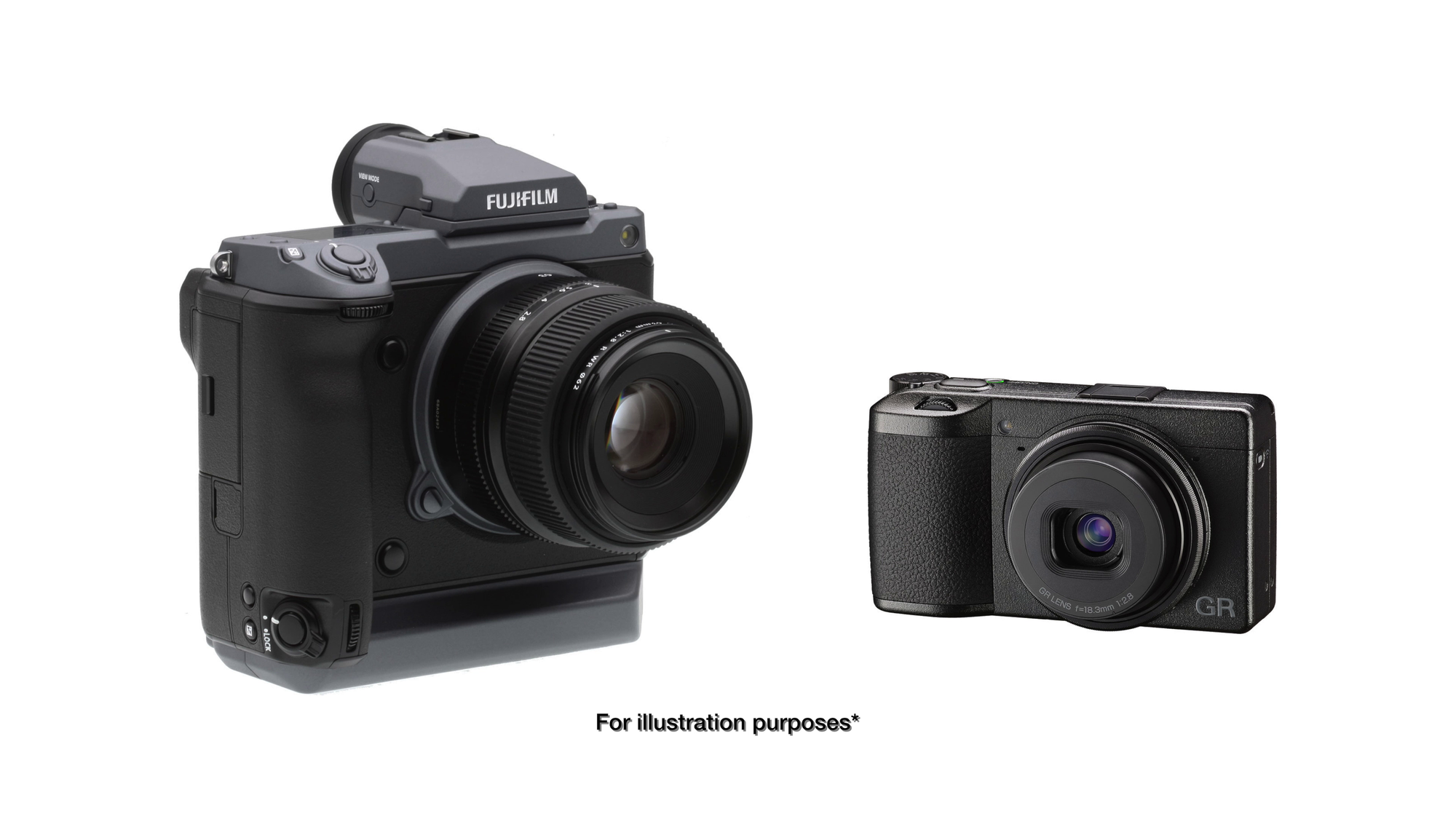
The size and weight matter or a camera matters, but what about the shape? or what about the location of the viewfinder?
Do you prefer a typical location of the viewfinder like most cameras out there? most mirrorless cameras have the viewfinder placed in the same spot as a DSLR camera, but as the name suggests, mirrorless cameras don't have a mirror. So does it need to be located there?
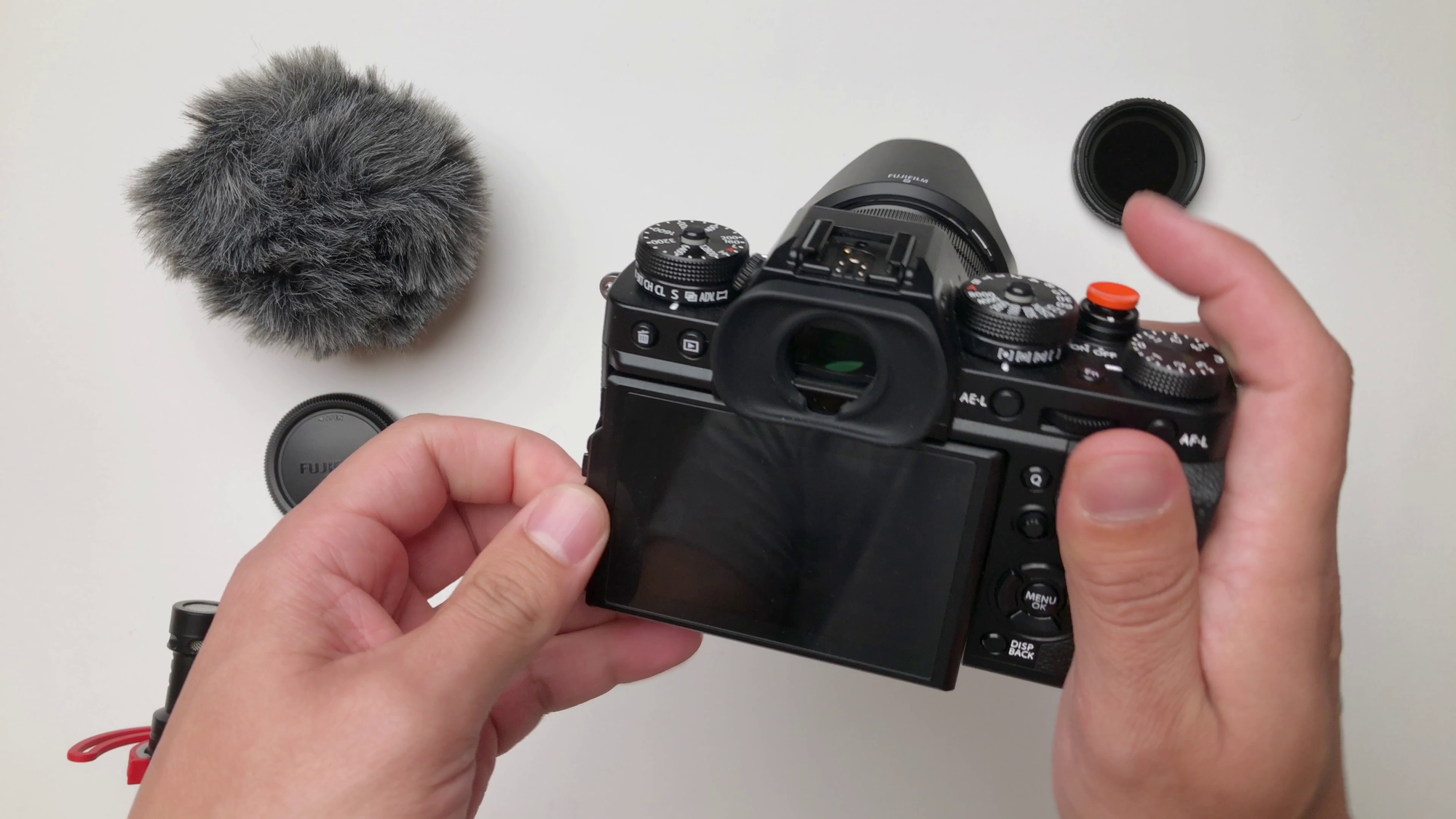
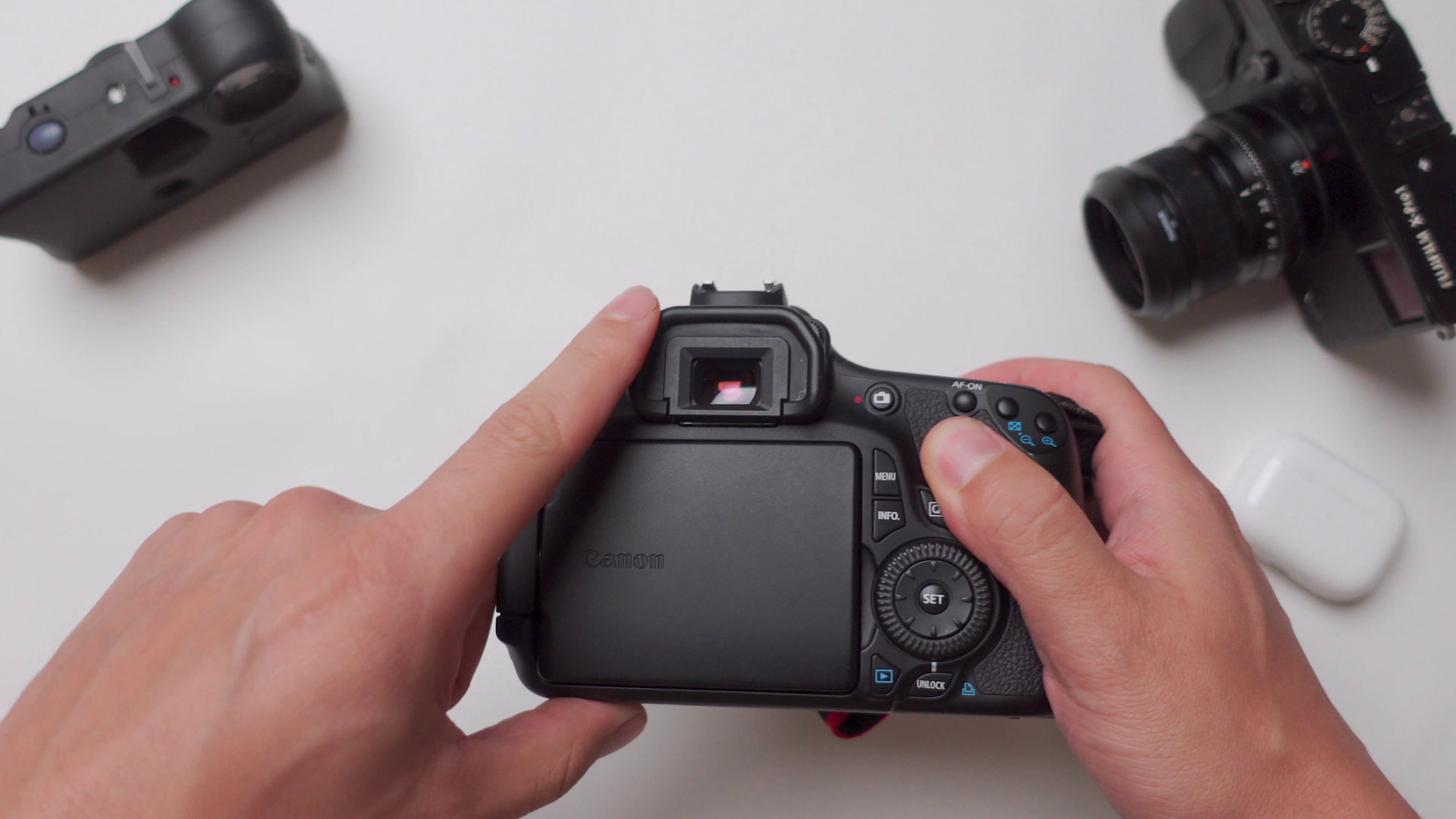
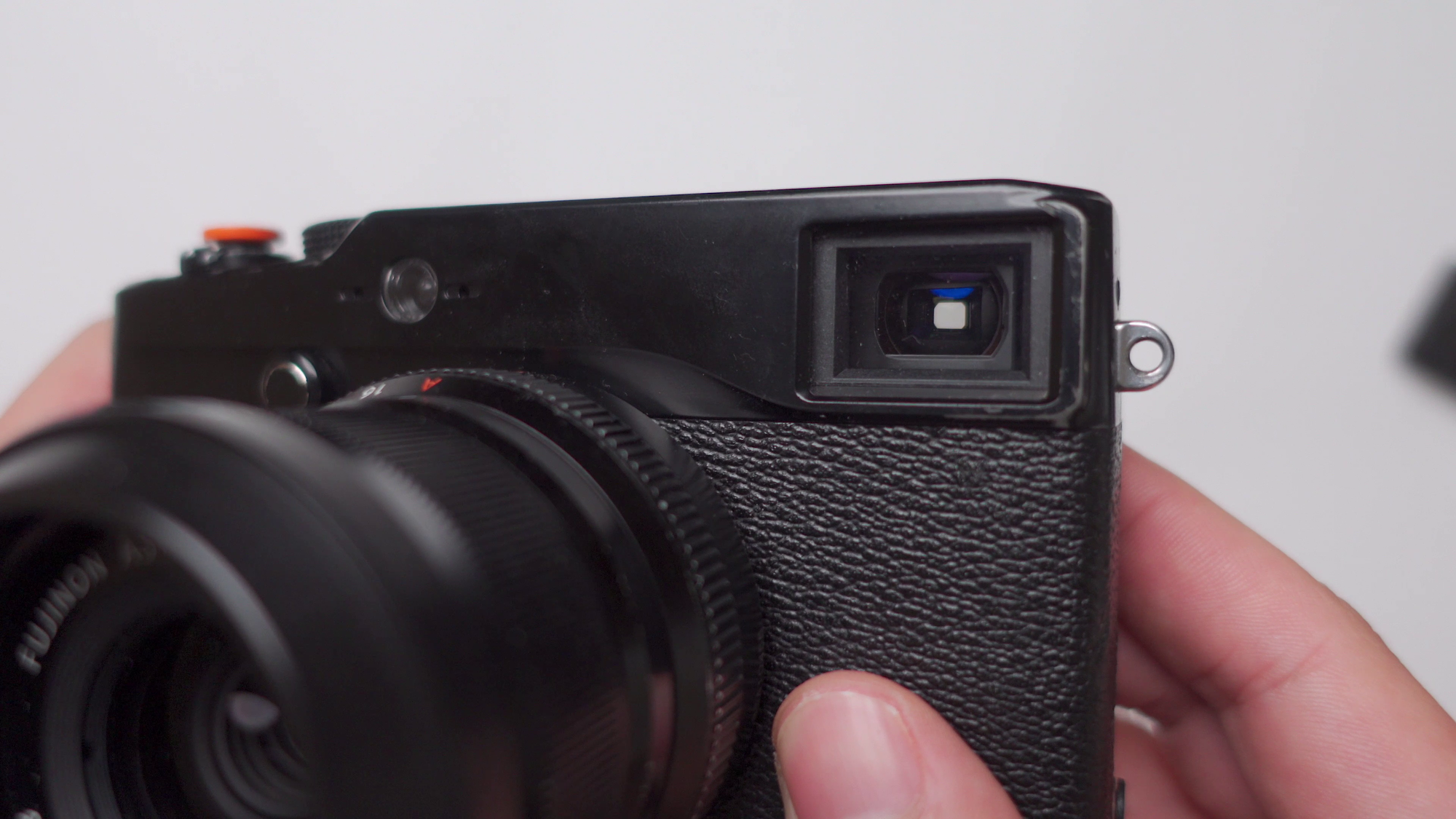
Or do you prefer a rangefinder-style camera? is it easier for you to use it with your particular face complexion and size? do you enjoy using the optical viewfinder or would rather use the electronic viewfinder?
And even if you prefer the rangefinder-style viewfinder, you have to ask yourself, are your right eye dominant or left eye dominant? Do you wear glasses? something small like that can really get in the way of your experiences and preferences.
Actually, back up for a minute, do you even need a viewfinder, to begin with? I do, but do you? would you rather stare at a screen and capture your images that way? Just food for thought.
5. Tech Specs Do NOT Define You
Specs can be important, but do not define who you are. People use specs to measure the value of the camera and the progress of technology.
And although you do want to be mindful of the camera that you buy and seek one with reasonable specs to match what you're trying to achieve, the specs alone will not make you a good photographer. And this is really where people spend most of their time and energy when It comes to picking a camera, phone, laptop, you name it.
The specs chasers have a contradictory set of opinions, on one hand, they are maximizing their value by getting the best of the best because they think it will help them improve, or sometimes it makes a specific task easier, and that can be valid.
But on the other hand, they want to take all the credit, they don't want you to praise the camera or lenses they own, they want you to praise them... while they tell you that gear does not matter, but own a $5000 camera with a $3000 lens
And to be honest, I would also get upset if somebody comes and tells me that my images are good ergo my camera must be expensive. It has happened before, and it stings a little.
But I currently use a 10-year-old camera, so I know it was my skill that achieved the images that they give backhanded compliments, not my gear.
Nevertheless, specs can be important, choose the appropriate ones for you, the appropriate ones for what you are trying to achieve, and what helps you learn and get better. Just don't expect the actual specs to be more important than your knowledge and control of your craft.
YouTube Video
This is a summary of my YouTube Video, you can watch the whole piece here:


